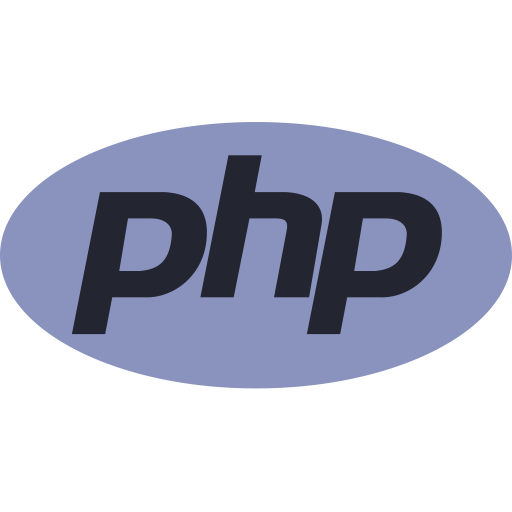PHP: Hypertext Preprocessor (or simply PHP) is a general-purpose programming language originally designed for web development.
PHP code may be executed with a command line interface (CLI), embedded into HTML code, or it can be used in combination with various web template systems, web content management systems, and web frameworks.

Price Calculator
Data Centers Around the Globe

Frequently Asked Questions
Operating systems:
PHP runs on a wide range of operating systems, including:
Linux (most common): Ubuntu, Debian, CentOS, Red Hat, Fedora, etc.
Windows (7 or newer)
macOS (10.10 or newer)
Unix-based systems
Hardware:
CPU: Modern 64-bit processor is recommended.
RAM: Minimum 1GB, but 2GB or more is preferred for smoother performance.
Storage: Minimum 200MB for PHP installation, plus space for website files, databases (if applicable), and logs.
Consult official PHP documentation for comprehensive details and troubleshooting.
PHP (Hypertext Preprocessor) is a server-side scripting language designed for web development, and it is widely used for various applications. Here are common use cases for PHP:
Web development, content management systems (CMS), e-commerce applications, online forums and communities, blogging platforms, customer relationship management (CRM), social media applications, project management tools, learning management systems (LMS), intranet applications, web forms and data processing, API development, utilities and scripts, image and file management, and custom web applications.
While PHP is a solid choice for many web development projects, some popular alternatives offer distinct advantages for certain scenarios:
Full-Stack Frameworks:
Ruby on Rails
Django (Python)
Laravel (PHP)
Alternative Web Server and Language Combinations:
MEAN (MongoDB, Express.js, AngularJS, Node.js)
LAMP (Linux, Apache, MySQL/MariaDB, PHP)
WAMP (Windows, Apache, MySQL/MariaDB, PHP)
Here are some general ways PHP stands out:
Focus on web development:
Designed for server-side scripting: PHP excels in building dynamic web pages and interacting with databases, making it a popular choice for websites and web applications.
Simplicity and ease of use:
Clear and concise syntax: PHP syntax is often considered easier to learn compared to some other languages, reducing the learning curve for beginners.
Flexibility and open source:
Open-source and free to use: PHP’s open-source nature allows for customization and community contributions, ensuring continuous development and improvement.
Here’s why Kamatera stands out as the most compelling option for PHP hosting:
Cutting-edge hardware: Kamatera leverages Intel Xeon Platinum processors and NVMe SSD storage, guaranteeing exceptional performance for your solution.
Global network reach: With data centers strategically located across four continents, Kamatera provides low-latency access to your programming language, regardless of your users’ geographical locations. This minimizes lag and ensures consistent performance for geographically distributed teams.
Elastic infrastructure: Kamatera’s infrastructure seamlessly scales to accommodate your growing needs. You can easily add or remove resources on-demand, without downtime or performance bottlenecks.
Industry-leading security measures: Kamatera prioritizes security by implementing data encryption, access control mechanisms, vulnerability scanning, and compliance with industry standards like PCI DSS and SOC 2.
24/7 Support: Kamatera’s dedicated support team is available 24/7 to assist you with any questions or issues you may encounter with your PHP hosting.














